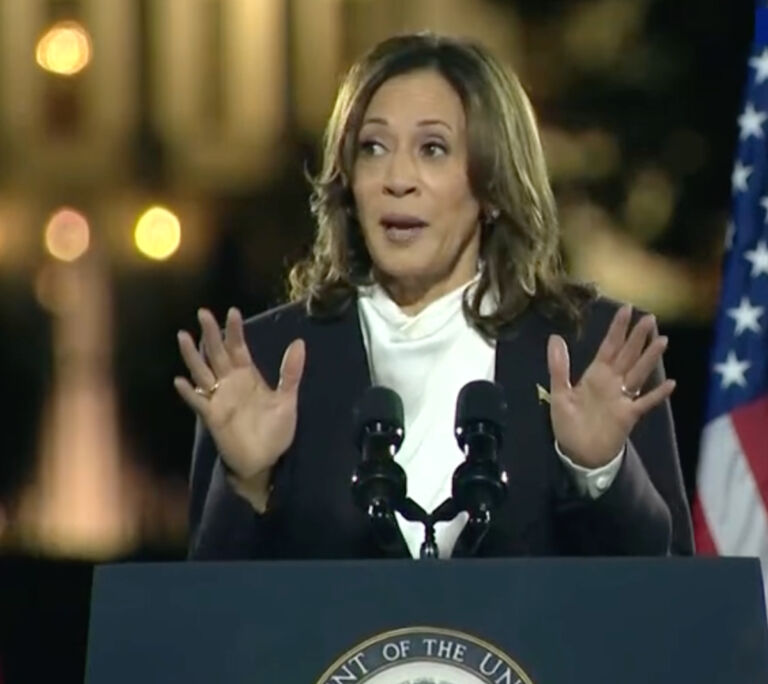Jeffrey Blehar writes for National Review Online about Democrats’ latest internal squabbles.
When one of our two major parties loses a presidential election — and particularly when the loss is a heartbreaking one, causing angst among both the donor and activist classes — we turn to a hallowed political tradition: the election autopsy. What went wrong? How could we have blown it so badly? …
… Now — with Donald Trump speedrunning through his second term in office like an amphetamined bull in a china shop — it’s the Democrats’ turn for official recriminations. And of course the writing of the “autopsy” itself has become a football for warring factions of Democrats to punt around. This weekend, the New York Times reported — with the sort of headline snark you would expect from me, not the Times — that the “Democrats’ 2024 Autopsy Is Described as Avoiding the Likeliest Cause of Death.”
Party officials described the draft document as focusing on the 2024 election as a whole, but not on the presidential campaign — which is something like eating at a steakhouse and then reviewing the salad.
Oh, how catty of you, New York Times! In other words, the autopsy is not expected to focus on matters such as Joe Biden’s decision to run for reelection in the first place or Kamala Harris’s inadequacies as a candidate. The Times is transparently miffed about this. …
… I would add that “autopsy reports,” because they’re public, are inherently political documents intended not to soberly and honestly analyze what went wrong so much as to signal to interested parties a party’s proposed future course of action. What good in that case would come from an autopsy focused primarily on Biden and Harris? (“Well, I guess we learned not to do it again.”) You can’t undo the past. Furthermore, any such approach would do a disservice to Democrats by lulling them into a dangerous belief that the problem was their candidates rather than their underlying issues with the electorate.
The post Democrats’ election ‘autopsy’ unlikely to yield real answers first appeared on John Locke Foundation.
Click this link for the original source of this article.
Author: Mitch Kokai
This content is courtesy of, and owned and copyrighted by, https://www.johnlocke.org and its author. This content is made available by use of the public RSS feed offered by the host site and is used for educational purposes only. If you are the author or represent the host site and would like this content removed now and in the future, please contact USSANews.com using the email address in the Contact page found in the website menu.







